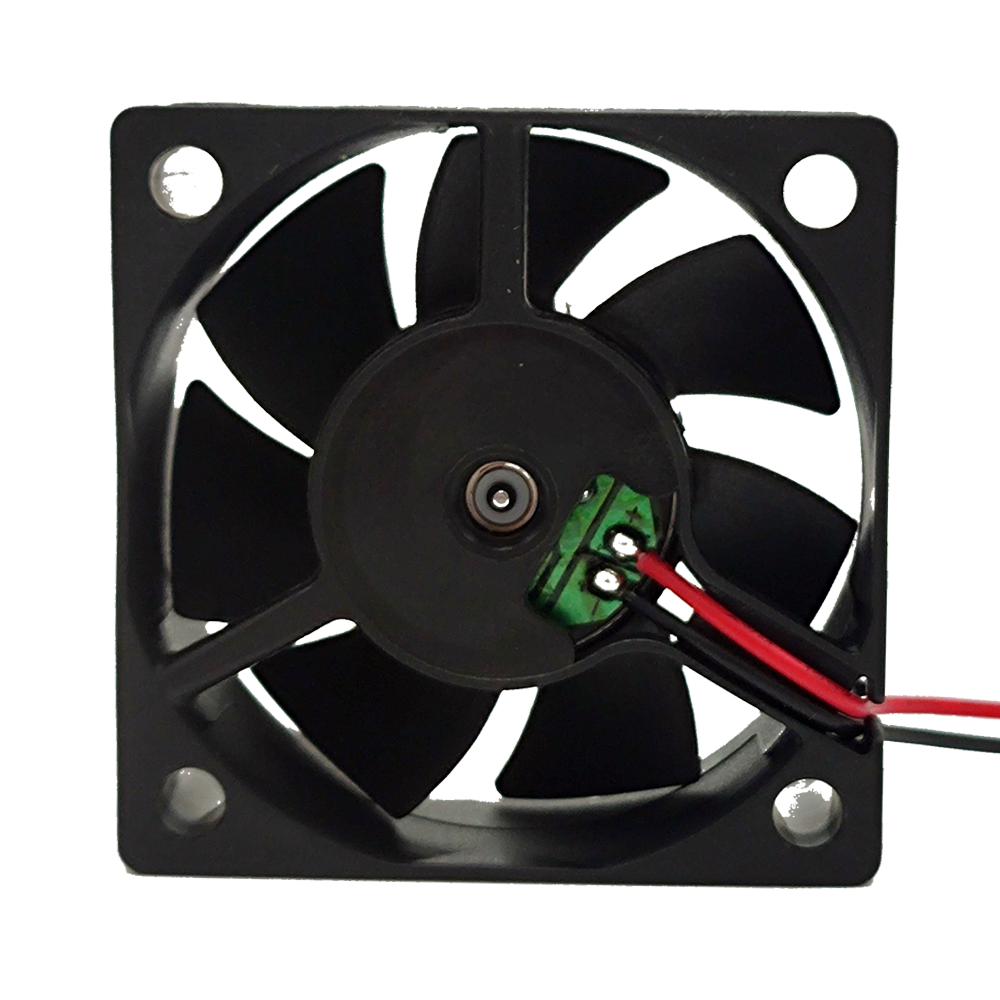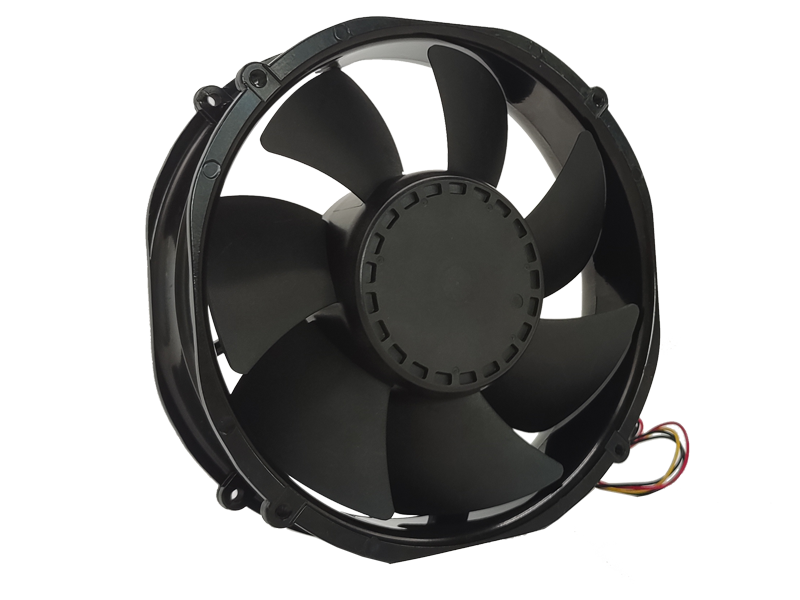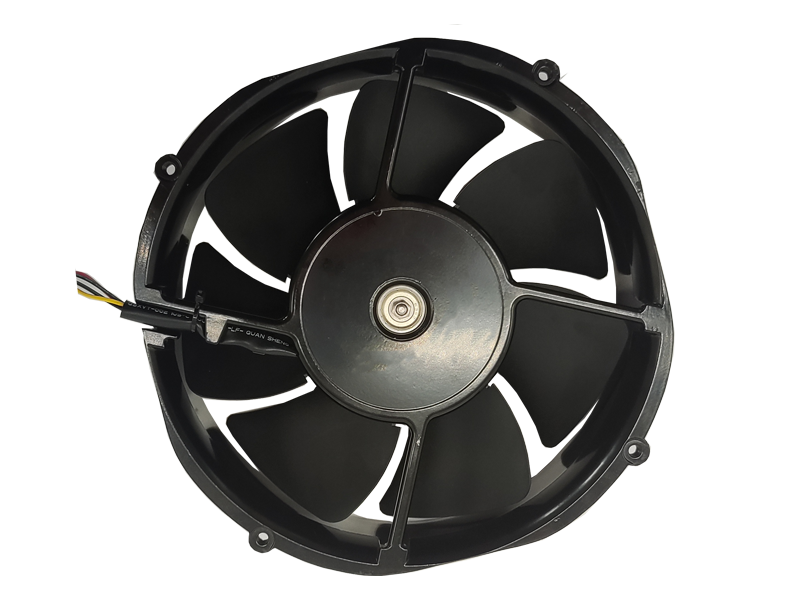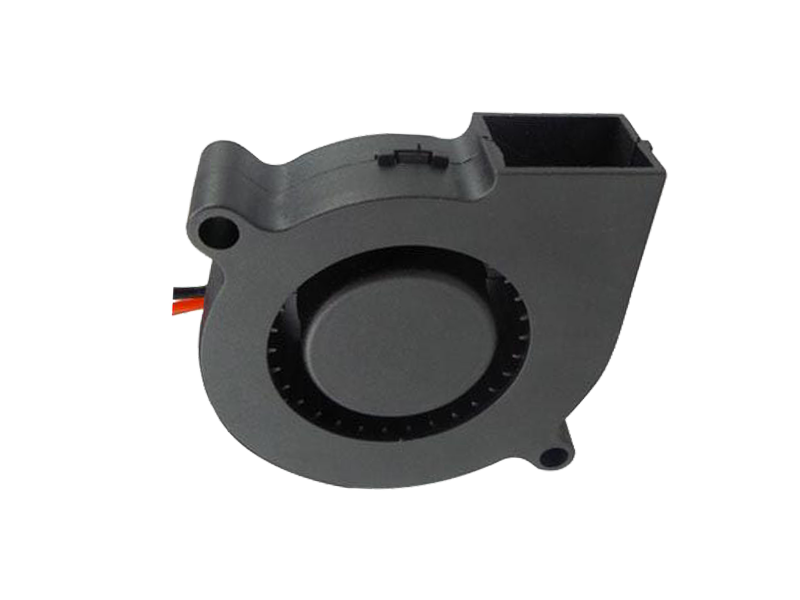In modern industrial settings, efficient ventilation is critical for ensuring air quality, maintaining optimal working conditions, and supporting production processes. Among the tools that help achieve this goal, industrial fans play a central role. These robust machines provide the necessary airflow to cool, ventilate, and exhaust, making them indispensable in various industries such as manufacturing, mining, and agriculture.
Industrial fans come in many forms and sizes, tailored to suit different environments and requirements. This article explores the various aspects of industrial fans, including their types, working principles, benefits, and considerations when selecting the right fan for your needs.
What Are Industrial Fans?
Industrial fans are large machines designed to move air, gas, or other fluids within a given space. They are commonly used to provide ventilation, cooling, and air circulation, and they can be found in factories, warehouses, large commercial spaces, and even power plants. The primary function of an industrial fan is to create a consistent airflow to regulate temperature, reduce humidity, or eliminate contaminants, ensuring a safe and comfortable environment for workers and equipment.
Industrial fans come in several types, each suited for different applications. These include axial fans, centrifugal fans, and mixed-flow fans. Axial fans, for instance, are designed to push air along the axis of the fan, making them ideal for high-flow, low-pressure applications. In contrast, centrifugal fans use a spinning impeller to increase the velocity of air, which makes them better suited for high-pressure, low-flow environments.
Types of Industrial Fans
Axial Fans
Axial fans are among the most common industrial fans used today. They feature blades that rotate along the axis of the fan, pushing air straight in and out. Axial fans are highly efficient in situations where large volumes of air need to be moved with relatively low pressure. Applications include ventilation in large spaces like warehouses, factories, and even cooling systems for electronic equipment.
Centrifugal Fans
Unlike axial fans, centrifugal fans create airflow by using a rotating impeller to direct air toward the fan's perimeter. This design increases the air's velocity and creates pressure, making centrifugal fans ideal for environments that require high pressure and low airflow, such as dust removal systems, fume extraction, and HVAC systems in large buildings.
Mixed-Flow Fans
As the name suggests, mixed-flow fans combine features of both axial and centrifugal fans. The design allows these fans to achieve higher pressures than axial fans, while still being more efficient than centrifugal fans in terms of airflow. They are versatile and often used in ventilation systems where space is limited but performance needs are high.
Blower Fans
Blower fans are specifically designed to handle high-pressure airflow and are often used in systems that require forced ventilation or air circulation. They are commonly found in dust collection systems, industrial cooling, and pneumatic conveying.
Tubeaxial Fans
Tubeaxial fans are a specific type of axial fan designed to operate within a cylindrical housing. These fans are commonly used in large-scale industrial applications, such as cooling towers, ventilation ducts, and air circulation systems in warehouses and factories.
The Importance of Industrial Fans in Ventilation Systems
The primary function of industrial fans is to move air, but their significance extends beyond simple airflow. In a factory or industrial setting, proper ventilation can:
Improve Air Quality: Industrial processes often generate pollutants, fumes, or hazardous particles that can compromise the health of workers. Industrial fans help by venting these pollutants and ensuring that clean air circulates throughout the space. For example, in a metalworking plant, fans can help remove toxic fumes generated during welding or grinding.
Maintain Optimal Temperature: In many industrial environments, machines and equipment generate substantial heat. Industrial fans ensure that heat is distributed evenly and prevents overheating, which can lead to equipment failure or worker discomfort. In areas where heat is a major concern, such as server rooms or processing plants, industrial fans are crucial to maintaining optimal operational conditions.
Prevent Moisture and Humidity Build-Up: In industries like food processing or agriculture, high humidity levels can create problems such as mold growth, corrosion, or spoilage of products. Industrial fans, in combination with dehumidifiers or air conditioning systems, can help reduce moisture levels in the air and maintain dry, healthy conditions.
Enhance Energy Efficiency: Modern industrial fans are designed to be energy-efficient, helping to reduce operating costs. By optimizing airflow and adjusting fan speeds based on the specific needs of the environment, businesses can lower energy consumption while still achieving effective ventilation.
Key Benefits of Industrial Fans
Increased Productivity
By improving air quality and temperature control, industrial fans contribute to a more comfortable working environment. This can lead to increased worker productivity, fewer health-related absences, and a lower risk of heat-related issues in high-temperature environments.
Cost-Effective Solution
Industrial fans offer a cost-effective solution for ventilation and cooling. With advances in fan technology, modern industrial fans consume less power while delivering high performance. Businesses can save money on energy bills and reduce the need for expensive air conditioning or other cooling systems.
Customizability and Versatility
Industrial fans come in various sizes, designs, and configurations, allowing for customization to meet specific ventilation needs. Whether you need a fan for a high-pressure, low-flow application or a low-pressure, high-flow setup, there is likely a fan designed to meet your exact requirements.
Long-Term Durability
Built to withstand harsh industrial environments, industrial fans are designed for durability and longevity. They can handle high loads, extreme temperatures, and corrosive elements, making them a reliable investment for long-term use in challenging environments.
Considerations for Choosing the Right Industrial Fan
When selecting an industrial fan, it is essential to consider several factors to ensure you are getting the right product for your needs. Some of the most important factors include:

Airflow Requirements: Determine the volume of air that needs to be moved and the pressure requirements of the system. This will help you choose the correct type of fan (axial, centrifugal, mixed-flow, etc.) for your application.
Space Constraints: Industrial fans vary in size, and it's crucial to choose a fan that will fit within the available space. Consider the fan’s diameter, height, and installation space when making your decision.
Noise Levels: Noise can be a concern in many industrial settings. Some fans are designed to operate more quietly than others, so you should consider whether noise reduction is necessary for your application.
Energy Efficiency: Energy consumption is an ongoing operational cost. Opting for an energy-efficient industrial fan can help reduce long-term expenses and make your business more environmentally sustainable.
Maintenance Needs: Industrial fans require regular maintenance to ensure optimal performance. Choose a fan that is easy to maintain and repair, with readily available replacement parts and technical support.
Conclusion
Industrial fans are vital tools in ensuring efficient ventilation, temperature control, and air circulation in industrial environments. From reducing contaminants to preventing overheating and maintaining air quality, these fans play a significant role in optimizing industrial operations. With a wide range of options available, it is essential for businesses to carefully consider their unique needs to choose the right fan for their operations. By investing in high-quality industrial fans, companies can improve productivity, enhance worker comfort, and lower energy costs, all while contributing to a safer and healthier work environment.
Recommended Products

The main purpose:Car charging station

The main purpose:Car charging station

The main purpose:Electronic refrigerators, water dispensers, direct drinking machines, inverter power supplies
Address:No. 4137, Longgang Avenue (Henggang Section), Henggang Community, Henggang Street, Longgang District, Shenzhen
hotline:13530005572(Chen)15112579390(Li)


Welcome all friends to come for consultation and negotiation.
Copyright 2024 @ Shenzhen Youneng Xinyuan Electronics Co., Ltd.,(industrial fans,industrial blowers,axial fans,cooling fans manufacturer,centrifugal fans,ac cooling fans,dc cooling fans)